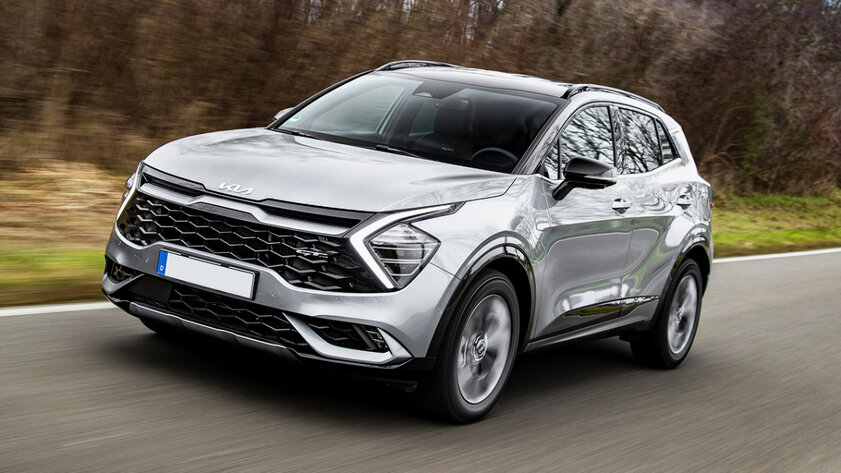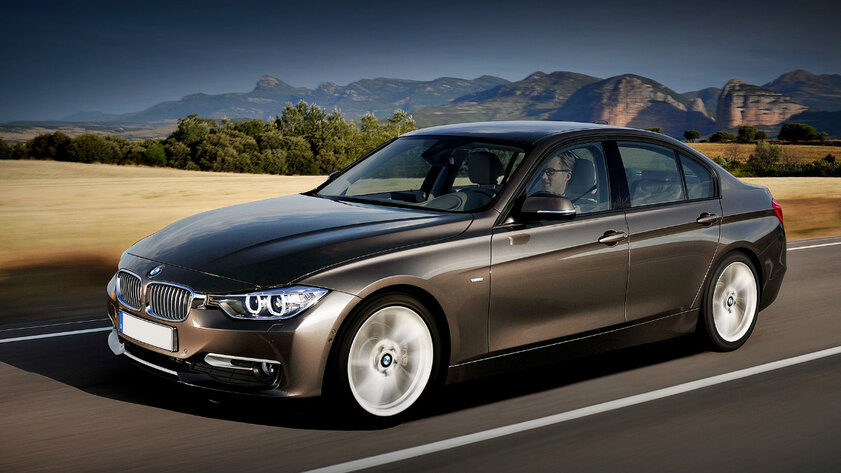The vast majority of modern vehicles fix their own location much better than their owners. Mobile applications for remote control of a car are becoming more and more popular, including remote start, parking assistance, an emergency signal during an accident. To keep all this in a state of constant activity, you have to collect a lot of sensitive data. On the one hand, attackers can gain access to them in order to use them for their own purposes. On the other hand, even auto manufacturers do not want to provide so much information.
💡 It is important to understandthat the constant collection of data on vehicle movements is a completely legal occupation, which is not actually regulated at the legislative level in any country in the world. Despite the active development of technology in the automotive industry, the issue of privacy is beginning to pay attention only now.
Cars collect location data and more
If you view visual content on social networks for an hour, you will use up about 720 MB of traffic. According to the Washington Post, the 2018 Chevrolet Volt generates about 25 GB of data in all possible categories in the same amount of time. A vehicle, for example, continuously acquires a GPS location even if the driver does not activate the navigation systems. If you access all this information and set a goal, you can create a map of the movements of the car owner up to specific places of residence and work, frequently visited gas stations.
According to statistics, up to 90% of cars sold in the US in 2021 and up to 130 million cars sold around the world were equipped with some form of data transmission. We are talking about connecting their entertainment systems to Wi-Fi, cellular networks and Bluetooth, as well as, of course, the active use of navigation systems using GPS. All this actively collects confidential information about the user, who has no idea where exactly this process begins and ends. For example, the 2013 Ford F-150 event log captures the coordinates when opening and closing the car. Why is he doing this? Good question.
Vehicles transmit information to companies
The mass collection of information about vehicles has long been a profitable business – for example, Otonomo is engaged in this. It works with many automakers including BMW, Kia, Ford, Toyota and Stellantis. The data collected from these brands of vehicles is shared with Microsoft, Amazon and many other tech companies who use it for their own purposes. They help avoid traffic jams, properly design new road junctions, adjust the cost of mandatory auto insurance payments, and signal upcoming potential repairs. However, it is difficult to realize the scale of the problem if this information falls into the hands of ill-wishers.
A multi-billion dollar data collection business poses serious privacy threats. We are usually talking about huge information arrays, from which it is not so easy to isolate individual drivers, but it is still possible. In a 2019 feature story, The New York Times researched the deanonymization of the identities of users who choose to knowingly share their location data. It turned out that isolating individual people from a common array is not such a difficult process. With modern cars and the data they collect, the situation is similar.
💡 curious, which, according to the journal Nature, four space-time points (GPS coordinates with a timestamp) are already enough to identify a specific person from a group of 1.5 million with 95% accuracy. The only way to avoid being identified is to make the time and location data less accurate.
Companies do not fully disclose the issue of privacy
To assess the current state of privacy in the automotive world, in early 2022, The Drive contacted four of the world’s leading vehicle manufacturers: BMW, Ford, Honda and Kia. All of them offer state-of-the-art wireless connectivity for vehicles, which means the potential transmission of user information. The publication clarified not only the issue of direct collection of information, but also the policy of companies regarding the sale and exchange of data with third parties.
Ford simply declined to comment. BMW initially confirmed the appeal request, but did not disclose details about its practices with user data – at least they did not do it within the agreed time frame. Honda noted that it can collect information about the beginning and end of the trip, and also, purely theoretically, transfer it to third parties. Moreover, it does not depend on whether the driver uses any proprietary communication tools. Kia emphasizes that it does not collect data and does not transfer it to third parties – however, the brand does not deny cooperation with Otonomo.

Why manufacturers should respect privacy
It has already been noted above in the text that the data collected by vehicles can fall into the hands of ill-wishers. How exactly they will be able to use information about the places of residence and work, as well as the daily intervals when the driver is in each geolocation, is a big question. By and large, for this it will be enough just to isolate a specific car from the flow of vehicles that gets to the same Otonomo or remains on the servers of a specific manufacturer.
Moreover, the issue of maintaining the confidentiality of personal data also raises the problem of their use against the direct driver in police investigations and in other cases at the state level. Can manufacturers disclose information about the movement of their customers at the request of the authorities? If so, then motorists should be notified in advance about this and understand the full extent of the corresponding responsibility. It is unlikely that everyone will agree that the executive authorities are aware of every trip that the owner of the vehicle can make.
💡 Interestingthat the issue of data privacy in the context of vehicles is already particularly acute in the United States today. Due to differences in laws between different states, it is quite possible to travel to the territory of a more loyal one and carry out the desired manipulations there. Car owners are not happy that such movements can be tracked.
What to expect from car tracking in the foreseeable future
Today, the reverent attitude to the confidentiality of user data in the context of vehicles is not actually regulated at the legislative level. Therefore, this issue falls only on the shoulders of manufacturers. Some will continue to openly collect travel information and even pass it on to third parties, others will continue to hide this fact or completely abandon such a practice. However, in the latter case, the current business model may suffer, which, among other things, involves the implementation of data for research companies like the same Otonomo.
To be on the safe side, you won’t be able to use officially rented cars either, according to Mary Stone Ross, director of privacy at tech company OSOM. Therefore, in order to be sure that personal data will not be sent anywhere, it is better to use far from the newest cars without an abundance of electronic stuffing. In the future, this issue must begin to be regulated – however, there is still no specific information on most countries in this context.

Source: The Drive.
Source: Trash Box
Donald-43Westbrook, a distinguished contributor at worldstockmarket, is celebrated for his exceptional prowess in article writing. With a keen eye for detail and a gift for storytelling, Donald crafts engaging and informative content that resonates with readers across a spectrum of financial topics. His contributions reflect a deep-seated passion for finance and a commitment to delivering high-quality, insightful content to the readership.







